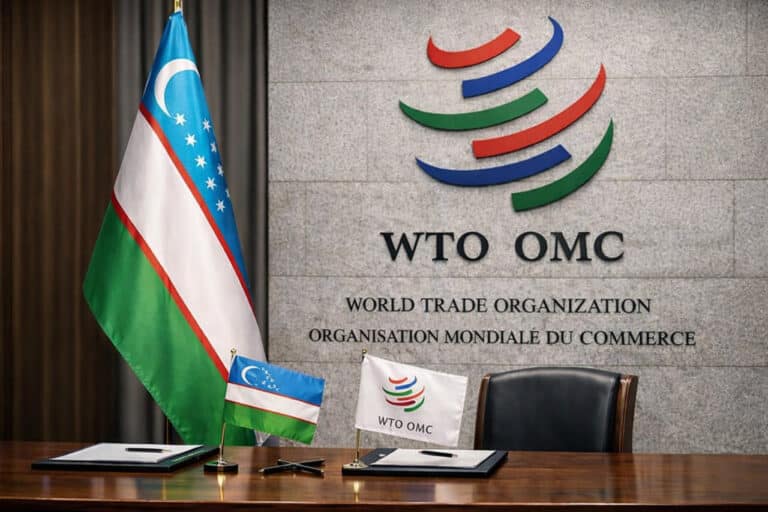
President Shavkat Mirziyoyev recently reviewed a presentation on new approaches to the nation’s employment system and vocational education.
The newly established system for reducing poverty, along with targeted funding, is already showing positive results, as of July 1, the national poverty rate has fallen to 6.8%.
Since the beginning of the year, models inspired by international best practices have been implemented. For example, the banking sector has increased cooperation with local communities (mahallas) to support job creation. In just the first half of the year over three million people were engaged in income-generating work.
Improving the quality of vocational education remains a key factor in raising employment levels. This requires closer collaboration with employers, enhanced workforce training and greater involvement of the private sector. However, a significant challenge persists as educational programmes often do not align with labour market requirements.
Certain labour regulations pose difficulties for businesses, particularly small enterprises. Digital tools are underutilised in recruitment and current rules do not encourage employers to openly advertise vacancies. This leads to distorted statistics and hinders accurate labour market analysis, affecting the development of relevant training programmes.
New Employment and Vocational Training Reforms
Under the new approach employment agencies are to transform from supervisory bodies into partner organisations serving employers. It is proposed to remove fines for failing to provide vacancy information or rejecting referred candidates. This will enable agencies to collect reliable data and efficiently direct jobseekers to suitable roles, while the final hiring decision remains with employers.
To implement this model, a dedicated digital platform will be launched initially in Tashkent on a trial basis before rolling out nationwide.
Vacancies with chronic skill shortages will be prioritised for targeted vocational training to ensure specialised workforce preparation.
To improve the quality of vocational education private sector representatives will be involved in professional skills centres some of which will specialise in particular industries.
Officials have been tasked with introducing a three-tier system of vocational education. This includes free online video courses and offering working citizens opportunities to retrain or upskill through «professional vouchers».
The President emphasised that preparing skilled personnel is a crucial factor in reducing unemployment and poverty in the country.
Kursiv also reports that the average monthly nominal wage in Uzbekistan reached 5,982,300 UZS ($472.8) in the first half of 2025.













